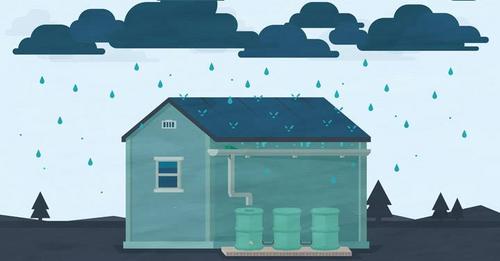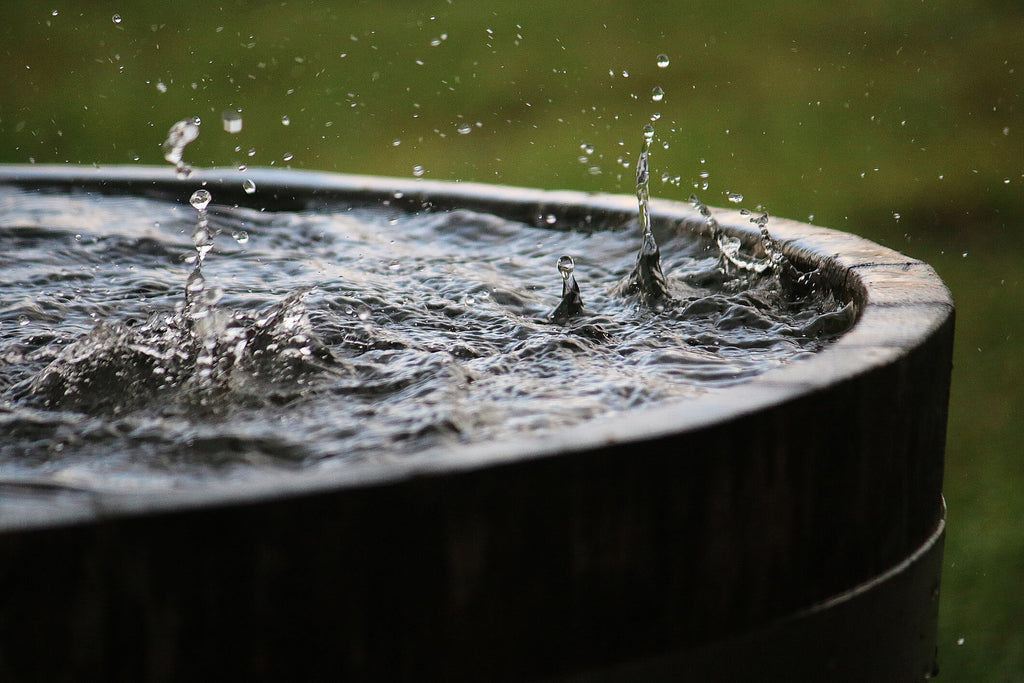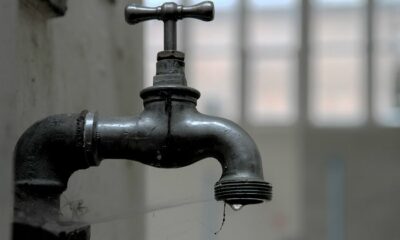Best of Johannesburg
Why More Joburg Homes Are Turning to Rainwater Harvesting in 2025

Water scarcity, rising municipal tariffs, and increasing pressure on urban infrastructure have made one thing clear: Joburg residents need sustainable water solutions. Enter rainwater harvesting – a practical, low-maintenance way to save money, reduce environmental impact, and stay water-secure all year round.
“Rainwater harvesting is no longer a fringe trend – it’s becoming a mainstream urban solution for Joburg households.”
Also read: Emergency Water Storage in Small Apartments & Spaces in Joburg
What Is Rainwater Harvesting?
Rainwater harvesting is the collection and storage of rainwater, typically from rooftops. Instead of letting it drain away, this water is redirected into storage tanks or cisterns for later use – from gardening to flushing toilets and even filtered indoor use.
In Joburg’s climate, where seasonal rain often comes in short bursts, capturing and storing that rainfall can make a major difference in both water availability and cost-efficiency.
Top Benefits of Rainwater Harvesting in Joburg
Whether you’re trying to trim your monthly expenses or future-proof your home, rainwater harvesting ticks multiple boxes:
-
Cut your water bill by reducing reliance on municipal supply
-
Stay resilient during water restrictions or outages
-
Support your garden with chlorine-free water
-
Reduce strain on Joburg’s water infrastructure
-
Lower your environmental footprint
-
Increase your property value with a sustainable upgrade
How Can You Use Rainwater at Home?
Harvested rainwater can be used for most non-drinking needs – and even potable use if properly filtered and treated. Common applications in Joburg homes include:
-
Watering your garden or lawn
-
Flushing toilets
-
Washing cars, paving, and windows
-
Filling up swimming pools, ponds, or fountains
-
Supplying water to irrigation and sprinkler systems
-
With treatment: for laundry, showers, or even drinking
Tip: Always consult a professional for filtration systems if you plan to use rainwater indoors.
Which Rainwater Harvesting System Is Right for You?
You don’t need a large property or high-tech equipment to get started. Here’s a breakdown of common system types suited to Joburg homes:
1. Rain Barrels (Beginner-Friendly)
-
Connects to a single downspout
-
Capacity: 50–100 litres
-
Ideal for hand-watering gardens or cleaning
-
Affordable and easy to install

Image 1: Fresh Water Solutions (Facebook)
2. “Dry” Systems (Mid-Level)
-
Collects water from roof into a larger tank via a short pipe
-
Tank placed beside the house
-
Best for areas with intermittent but heavy rains
-
Requires minimal maintenance
3. “Wet” Systems (Full Integration)
-
Underground pipes collect from multiple gutters
-
Water flows into a remote tank
-
Can supply full household or irrigation needs
-
Higher installation cost, but highly efficient
Essential Components of a Rainwater Harvesting Setup
For a successful system, consider these key components:
-
Gutters and downpipes to channel water
-
Leaf screens and first-flush diverters to remove debris
-
Storage tank (plastic or concrete, above or below ground)
-
Overflow outlet with insect mesh to prevent mosquitoes
-
Pump (optional) to supply pressurised water
-
Filter system if using indoors
-
Water level monitor to track usage
Reminder: Tanks come in various sizes and materials. Choose based on your space, average rainfall, and intended use.
Using Rainwater Safely in Your Home
Rainwater harvesting is a smart way to reduce your water bills and support your garden and household needs. Most Joburg homes use harvested rainwater for outdoor tasks like watering plants, flushing toilets, or washing cars.
If you want to use rainwater for indoor purposes – like laundry or even drinking – it’s important to install proper filtration and treatment systems to ensure the water is safe.
Many modern homes in Johannesburg now include rainwater tanks as part of their eco-friendly features, and retrofitting existing homes with a rainwater system has become easier than ever.
Getting Started in Joburg
You can start small with a rain barrel, or consult a local professional to design a full system suited to your needs. Be sure to consider roof surface, rainfall volume, and where you want to use the water.
Why Rainwater Harvesting Is Smart for 2025
-
Save money on water bills
-
Stay independent during shortages or water restrictions
-
Support your garden with chemical-free water
-
Lower your environmental impact
-
Add value to your home
Also read: Living Off-Grid in Johannesburg: Your 2025 Practical Guide
Follow Joburg ETC on Facebook, Twitter , TikTok and Instagram
For more News in Johannesburg, visit joburgetc.com
Source: Innovative Water Solutions, Local Water Solutions, Home Insulations
Featured Image: Fresh Water Systems (Facebook)

























